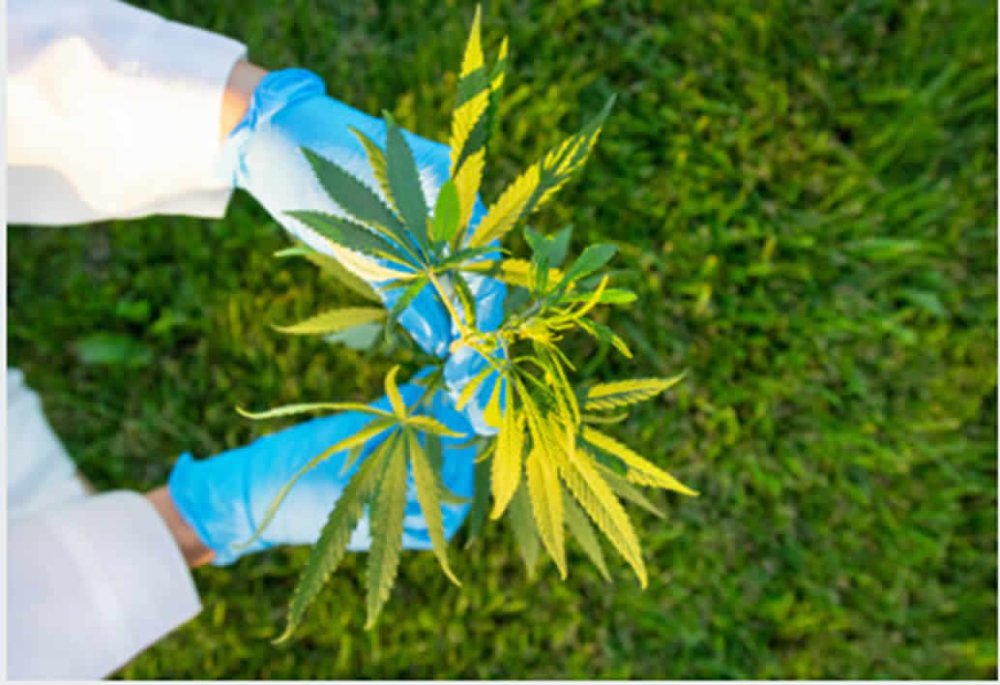5 Surprising Current Studies on Cannabis
A new study has revealed that cannabis use is on the rise globally. The rates of daily cannabis use have increased. With more and more countries legalizing cannabis, it seems that people are becoming more open to trying it. Cannabis has been used for centuries, but scientists have only recently begun to unlock its potential.
Here are five surprising studies that are currently being conducted on cannabis.
5 Findings From Recent Research on Marijuana
Marijuana has a long history of medicinal usage. Despite its long history of therapeutic use, there is still much we do not know about the plant and its effects on the human body. However, thanks to recent studies, we are beginning to unlock some of the mysteries surrounding cannabis. Some of the most surprising research about cannabis has been published in just the last few years.
● Medical Cannabis Effects on Older Individuals
Since the legalization of medical cannabis in several US states, there has been an increase in its use by older adults. A recent study looked at the patterns of medical cannabis authorization, safety, and associated effects in this population.
The study found that most older adults are authorized to use medical cannabis for pain relief. The most common side effects reported were dizziness and dry mouth. Overall, medical cannabis was found to be safe and well-tolerated by older adults.
These findings suggest that medical cannabis could be viable for older adults seeking relief from pain and other conditions. However, more research is needed to evaluate this treatment's long-term safety and efficacy.
● Cannabinoids Decreased Pain
According to a study done by the University of California, cannabinoids can be used to decrease pain without tolerance or dependence. The study was done on rats, and it was found that the rats given cannabinoids had less pain than those not given cannabinoids.
The study also found no difference in the amount of pain between the two groups of rats when they were given different doses of cannabinoids. This suggests that tolerance does not develop to cannabinoid-induced pain relief.
● Cannabis and Sleep
Cannabis, cannabinoids, and sleep have been researched for decades now. Cannabis is known to contain over 60 different cannabinoids, with cannabidiol (CBD) and tetrahydrocannabinol (THC) being the most well-known. CBD is known for its medicinal properties, while THC is associated with the "high" cannabis user's experience.
The effects of cannabis on sleep are complex and not fully understood. Cannabis may improve sleep quality in certain individuals but can also disrupt sleep patterns and increase the risk of insomnia. Some research suggests that cannabis may be beneficial for treating conditions like Sleep Apnoea and PTSD-related nightmares. However, more research is needed.

● Effects of Smoked Cannabis
Cannabis smoking has been shown to have several acute and residual effects that can impact a person's ability to drive. These effects can include increased heart rate, impaired lateral control, slowed reaction times, and changes in mood and perception.
While the acute effects of cannabis smoking are well documented, there is less information available on the residual effects. However, studies have shown that these effects can persist for up to 24 hours after smoking and maybe even longer in people who smoke regularly. This means that even if someone feels 'normal' after smoking cannabis, they may still be impaired when driving.
The best way to avoid the risks of driving while impaired by cannabis is to not smoke before driving.
Growing your own cannabis allows you greater control over the quality of your product. Some smokers prefer consuming female cannabis seeds, as they can be more potent than autoflower and weed seeds. Stable and hand-selected strains of marijuana seeds are available at The Seed Fair.
● CBD and Alcohol
Some research suggests that CBD may also be effective in treating alcohol dependence.
Based on the results of short research released in 2019, it seems that cannabidiol (CBD) may help to reduce cravings and anxiety in people with alcohol use disorder (AUD). The participants who received CBD had significantly lower levels of the stress hormone cortisol than those who received a placebo.
Another small study from 2018 found that CBD may help reduce drinking behaviors in people with AUD. The participants who received CBD had significantly lower levels of the neurotransmitter GABA than those who received a placebo. GABA is thought to play a role in alcohol dependence by reducing anxiety and inhibiting the urge to drink.
These findings are preliminary and more research is needed to determine whether CBD is effective for treating AUD. However, these studies suggest that CBD may be a promising treatment option for people with this condition.
Wrap up
Cannabis is a complex plant with many different compounds that can affect the human body. These five studies show some potential medical benefits of cannabis, especially for older individuals and those struggling with pain or sleep issues. However, more research is needed to determine the full extent of these effects and how best to utilize cannabis for medical purposes.












